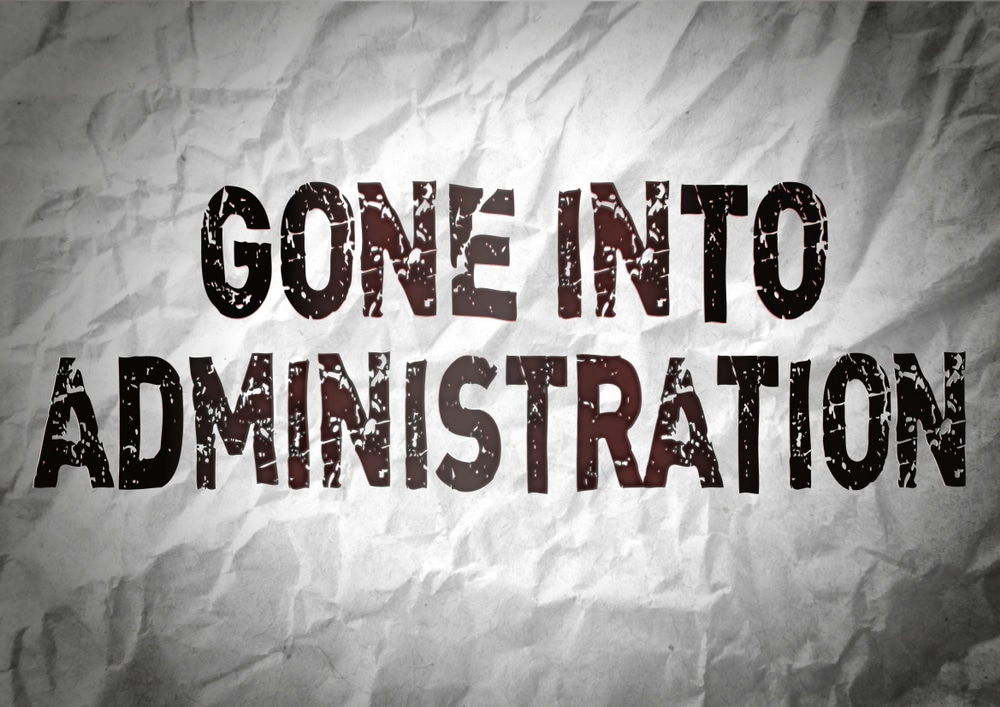Browsing Company Administration: Comprehending the Process in the UK
Browsing Company Administration: Comprehending the Process in the UK
Blog Article
The Process and Repercussions of a Company Getting Into Administration
As a company faces economic distress, the choice to get in administration marks an important time that can have far-reaching effects for all involved celebrations. The procedure of entering administration is complex, involving a series of steps that intend to browse the business in the direction of potential recuperation or, in some instances, liquidation.
Overview of Company Administration Refine
In the realm of business restructuring, a crucial first step is getting an extensive understanding of the elaborate company management process. Firm management refers to the formal bankruptcy procedure that aims to rescue an economically troubled firm or accomplish a far better result for the company's financial institutions than would certainly be possible in a liquidation scenario. This process entails the visit of a manager, that takes control of the firm from its supervisors to assess the monetary situation and determine the ideal program of action.
Throughout administration, the company is approved security from lawsuit by its creditors, offering a moratorium period to develop a restructuring strategy. The manager collaborates with the firm's administration, lenders, and other stakeholders to develop a method that might include selling the service as a going problem, reaching a firm volunteer setup (CVA) with creditors, or inevitably placing the business right into liquidation if rescue attempts prove useless. The key objective of company administration is to take full advantage of the go back to creditors while either returning the business to solvency or shutting it down in an orderly way.

Functions and Responsibilities of Manager
Playing a crucial function in overseeing the firm's decision-making processes and economic events, the manager assumes substantial obligations throughout the company restructuring process. The key duty of the administrator is to act in the most effective interests of the firm's creditors, intending to achieve one of the most positive result feasible - company administration uk. This involves conducting a thorough evaluation of the business's monetary circumstance, developing a restructuring strategy, and executing methods to make the most of returns to creditors
In addition, the manager is accountable for liaising with different stakeholders, including workers, vendors, and regulative bodies, to ensure openness and conformity throughout the management process. They should additionally connect properly with investors, supplying routine updates on the company's progression and seeking their input when necessary.
Furthermore, the manager plays an important function in handling the everyday operations of the company, making vital choices to preserve connection and protect value. This includes reviewing the stability of various restructuring options, bargaining with lenders, and ultimately assisting the firm towards an effective leave from administration.
Effect On Company Stakeholders
Thinking an important position in managing the company's financial events and decision-making procedures, the manager's activities throughout the corporate restructuring process have a straight influence on various business stakeholders. Customers might experience disturbances in services or product you can try these out schedule during the administration process, impacting their trust and commitment towards the firm. Additionally, the neighborhood where the business operates could be impacted by possible job losses or modifications in the firm's procedures, affecting regional economies.
Lawful Ramifications and Obligations
Throughout the procedure of business management, mindful consideration of the lawful effects and commitments is critical to make certain compliance and safeguard the interests of all stakeholders involved. When a company gets in management, it triggers a set of lawful requirements that have to be adhered to.
Furthermore, legal effects emerge worrying the therapy of staff members. The manager needs to comply with work regulations regarding redundancies, staff member civil liberties, and obligations to provide necessary details to worker reps. Failing to follow these lawful needs can result in lawsuit against the company or its managers.
Furthermore, the company getting in here are the findings administration might have legal responsibilities with various parties, including proprietors, clients, and distributors. In significance, understanding and satisfying lawful commitments are critical elements of navigating a firm through the management procedure. into administration.
Methods for Company Recuperation or Liquidation
In taking into consideration the future direction of a firm in management, tactical planning for either healing or liquidation is important to chart a feasible path ahead. When intending for business recovery, key approaches may consist of performing a complete evaluation of business operations to determine inefficiencies, renegotiating agreements or leases to improve capital, and executing cost-cutting procedures to enhance profitability. Additionally, looking for new financial investment or funding options, diversifying earnings streams, and concentrating on core competencies can all add to an effective recuperation strategy.

Verdict
To conclude, the procedure of a company entering management includes the appointment of an administrator, who takes on the responsibilities of taking care of the company's affairs. This process can have considerable repercussions for numerous stakeholders, consisting of lenders, shareholders, and staff members. It is important for firms to very carefully consider their alternatives and strategies for either recouping from economic difficulties or continuing with liquidation in order to mitigate possible legal implications and obligations.
Business administration refers to the official bankruptcy treatment that aims to save an economically distressed firm or attain a better result for the company's creditors than would be possible in a liquidation scenario. The manager works with the business's monitoring, lenders, and other stakeholders to design a method that might include offering the company as a going worry, see it here getting to a business voluntary plan (CVA) with creditors, or eventually placing the business into liquidation if rescue efforts confirm useless. The key objective of firm management is to make the most of the return to financial institutions while either returning the company to solvency or closing it down in an orderly manner.
Assuming a vital position in supervising the business's decision-making processes and economic affairs, the manager's activities during the business restructuring process have a direct influence on numerous business stakeholders.In verdict, the process of a firm entering administration entails the visit of a manager, that takes on the obligations of taking care of the business's affairs.
Report this page